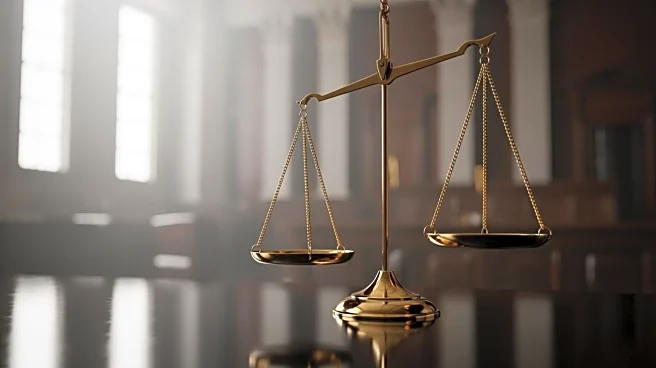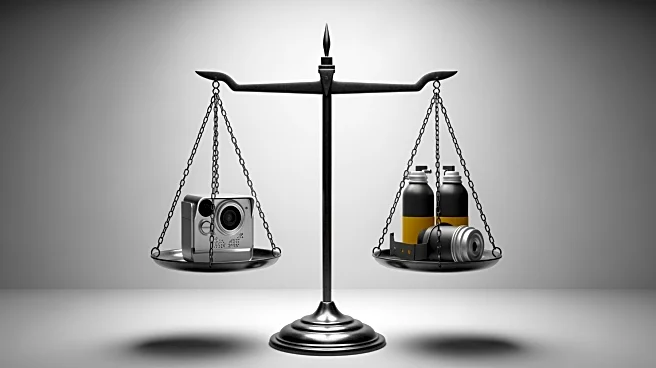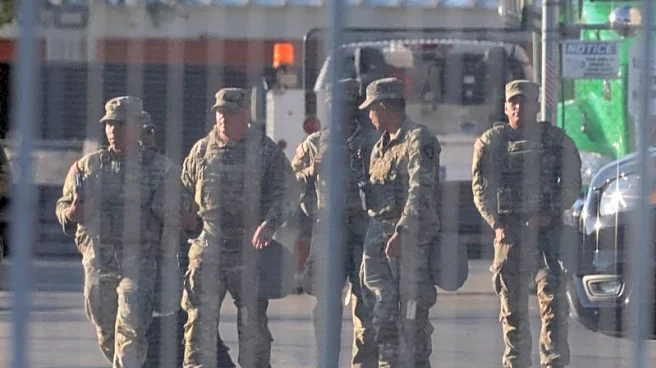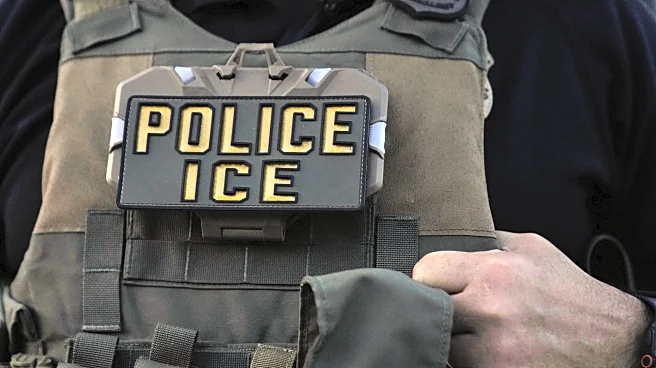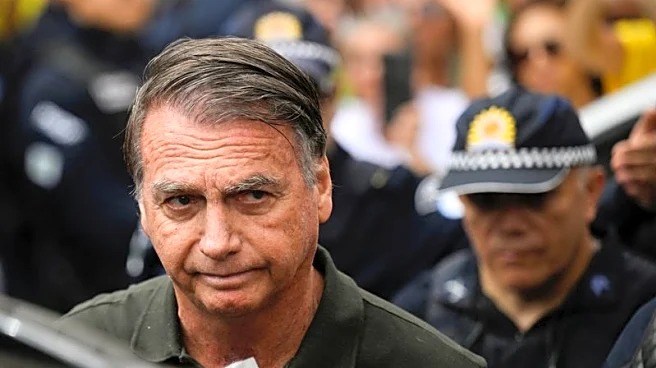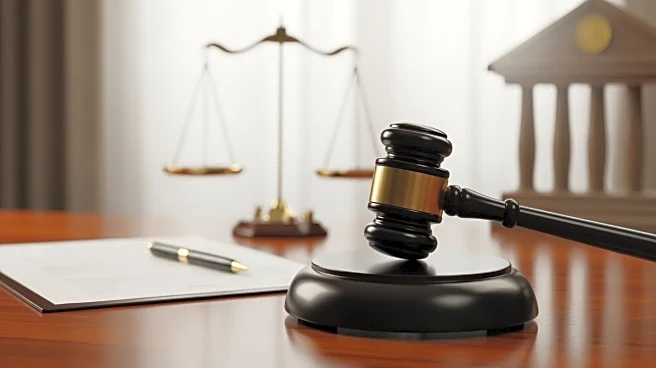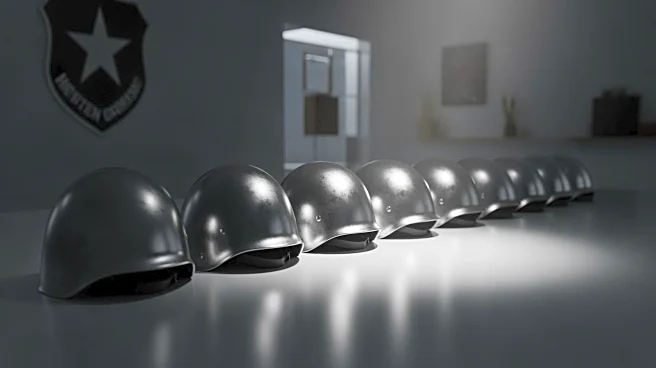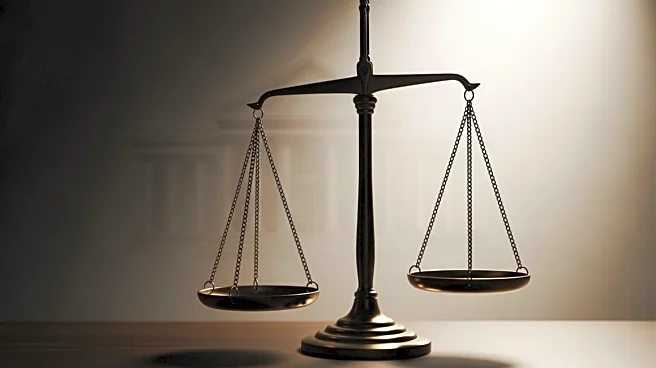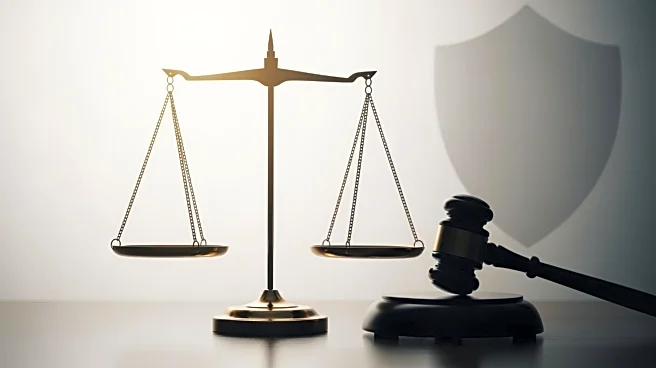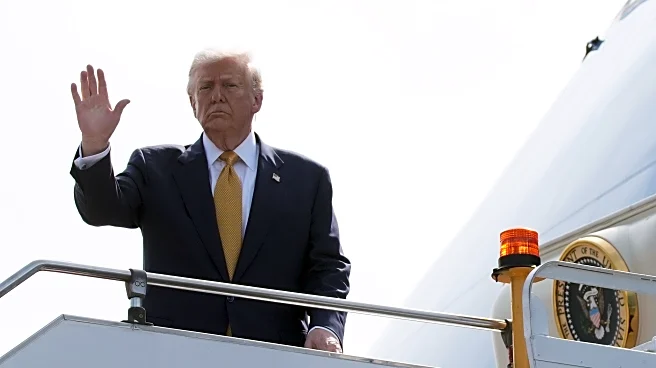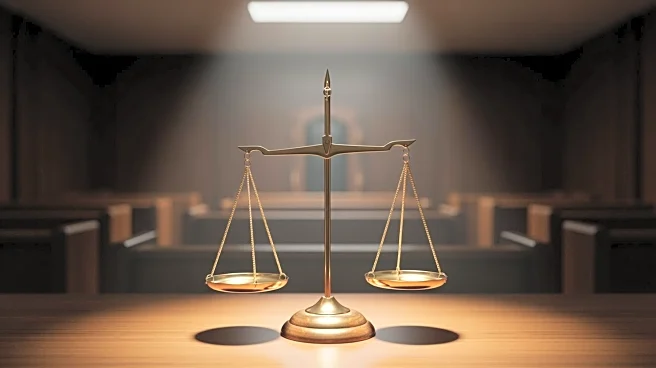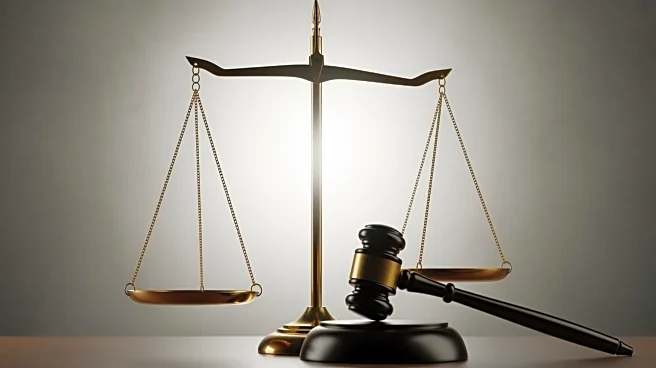What's Happening?
The U.S. Supreme Court has requested additional information before making a decision on President Trump's deployment of the National Guard to Chicago. The deployment, intended to support immigration enforcement, was previously blocked by a federal court.
The Supreme Court's request for further briefing suggests a careful consideration of the legal justifications for the deployment. The administration argues that the deployment is necessary to address violent protests impeding federal law enforcement, while critics question the legality of using the National Guard in this context.
Why It's Important?
The Supreme Court's decision on this matter could have significant implications for the balance of power between federal and state authorities. If the court upholds the deployment, it may set a precedent for future use of military forces in domestic law enforcement, raising concerns about civil liberties and the militarization of public safety. The case also highlights the ongoing tensions between the Trump administration and local governments, particularly in cities with large immigrant populations. The outcome could influence how federal resources are used in response to civil unrest and immigration enforcement.
What's Next?
The Supreme Court has set a deadline of November 17 for the submission of additional briefs, after which it will make a decision. The court's ruling will be closely watched by legal experts, policymakers, and civil rights organizations. Depending on the outcome, there may be further legal challenges or legislative efforts to clarify the scope of presidential authority in deploying military forces domestically. The decision could also impact the administration's approach to similar situations in other cities.
Beyond the Headlines
The case raises broader questions about the role of the military in civilian affairs and the potential erosion of democratic norms. The use of the National Guard in domestic law enforcement has historically been controversial, and this case could prompt a reevaluation of the legal frameworks governing such deployments. Additionally, the decision may influence public perceptions of the judiciary's independence and its ability to check executive power.
